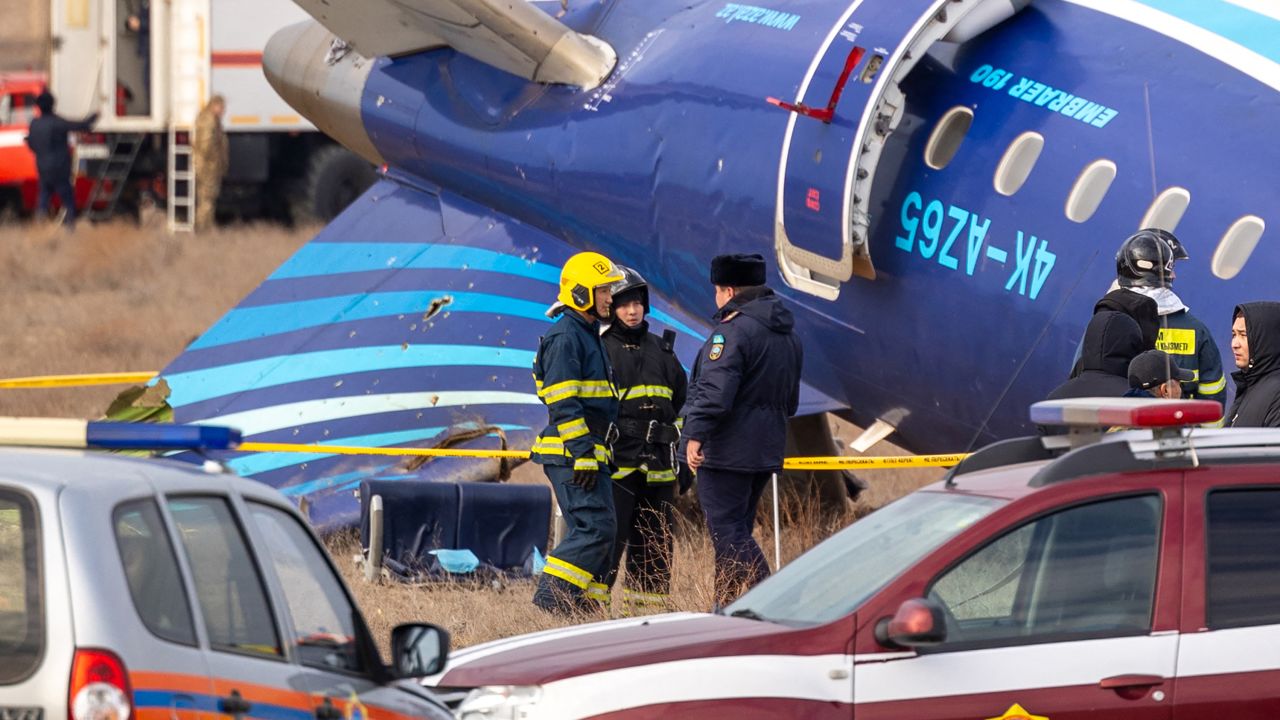
South Korean parliament votes to impeach acting president Han Duck-soo
SMM ALIPAYUS Dec 27, 2024 World
South Korea’s parliament voted to impeach prime minister and acting president Han Duck-soo on Friday, less than two weeks after parliament stripped President Yoon Suk Yeol of his powers over his short-lived martial law order that plunged the country into political disarray.
A total of 192 lawmakers voted to impeach Han, more than the 151 votes needed in the 300-member legislature.
Chaotic scenes unfolded in parliament during the vote, as lawmakers of the ruling People Power Party pumped their fists and chanted “Abuse of power” after National Assembly speaker Woo Won-shik declared only a simple majority would be needed to approve the impeachment motion against Han.
A simple majority is the typical threshold needed to oust a sitting prime minister, while a two-thirds majority is needed to impeach a president.
Han – who assumed the role after parliament voted to impeach Yoon – said in a statement he respected the decision and “will suspend my duties under relevant laws to avoid further confusion and uncertainty.”
Following parliament’s vote to impeach Han, the finance minister and deputy prime minister, Choi Sang-mok, is now acting president.
South Korea’s main opposition Democratic party filed the impeachment motion on Thursday after Han refused to fill three vacant seats in the Constitutional Court, which is set to adjudicate Yoon’s impeachment trial.
Han on Friday defended his choice not to appoint new justices, urging the ruling and opposition parties to first reach an agreement before appointments can be made.
“I desperately feel how surprised and disappointed the people have been through this emergency martial law,” Han said, adding that “the process is as important as filling the constitutional judge positions.”
Related article A president facing both impeachment and an insurrection probe – what’s next for Yoon Suk Yeol?
Han’s impeachment comes as the country has been embroiled in weeks of political turmoil and uncertainty following Yoon’s martial law decree on December 3, which lasted only six hours and sparked mass protests.
Lawmakers, including at least a dozen ruling party members, voted to impeach Yoon two weeks ago after he repeatedly refused to step down.
The Constitutional Court has up to six months to decide whether to uphold or reject the impeachment vote. It has vowed to take the case as a “top priority,” among other impeachment cases the opposition has pushed for against members of Yoon’s administration, including the justice minister, prosecutors and other senior officials.
The nine-member court, however, currently only has six justices, due to a delay in filling vacancies left by retired justices, further complicating matters.
Under South Korean law, at least six out of nine justices must approve an impeachment for it to be upheld.
The court has not yet decided whether the six sitting justices alone can rule on Yoon’s fate. But if they are able to, all six would have to vote in support of the impeachment to formally remove Yoon.
“The acting president has transformed into an ‘acting insurrection leader,’” South Korean opposition leader Lee Jae-myung said in a press conference Friday, claiming the ruling party had “abandoned its duty to uphold the Constitution,” and acts as Yoon’s “loyal guard.”
Han’s ruling party filed a dispute with the Constitutional Court over Friday’s vote, with floor leader Kweon Seong-dong declaring the result “null and void.”
The vote to impeach Han comes the same day as the Constitutional Court holds its first public hearing on Yoon’s impeachment trial, starting a process to decide if he will be removed from office permanently. Yoon is not required to attend the meeting.
If the Constitutional Court upholds Yoon’s impeachment, he will become the shortest-serving president in South Korea’s democratic history. The country must then hold new presidential elections within 60 days.
Meanwhile, the former prosecutor has been banned from leaving the country and is facing a string of investigations, including potential charges of leading an insurrection – a crime punishable by life imprisonment or even the death penalty.
This story has been updated with additional information.
CNN’s Jessie Yeung and Nectar Gan contributed reporting




